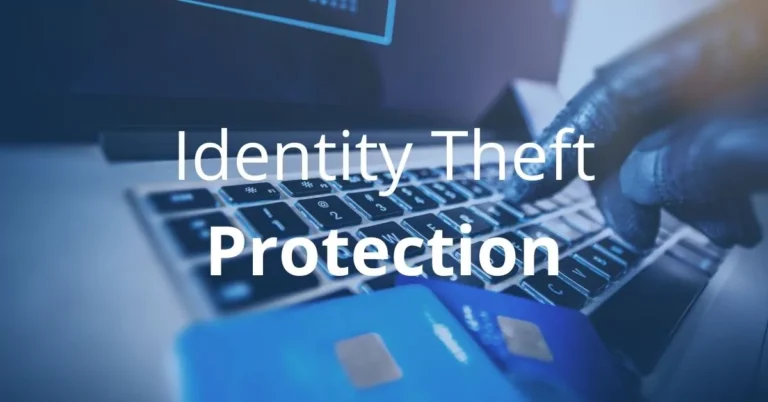The Unseen Battlefield: Your Definitive 2025 Guide to Advanced Scam Detection
The Trillion-Dollar Heist Hiding in Plain Sight In the digital shadows of our interconnected world, a silent, sprawling criminal…
There are many ways that scammers operate. Here are some of the most common:
Phishing: This is a type of scam where the scammer sends an email or text message that looks like it’s from a legitimate company. The email or text message will often contain a link that, when clicked, will take the victim to a fake website that looks like the real website. The fake website will then ask the victim to enter their personal information, such as their username, password, and credit card number.
Advance fee fraud: This is a type of scam where the scammer promises the victim a large sum of money, but they need the victim to send them money upfront in order to receive it. The scammer will often claim to be a government official, a wealthy businessman, or a relative of a deceased person.
Romance scams: This is a type of scam where the scammer creates a fake online persona and uses it to form a romantic relationship with the victim. The scammer will often use emotional appeals to convince the victim to send them money.
Tech support scams: This is a type of scam where the scammer calls the victim and claims that there is a problem with their computer. The scammer will then offer to fix the problem for a fee.
Imposter scams: This is a type of scam where the scammer pretends to be someone they’re not, such as a government official or a business representative. The scammer will often use this to trick the victim into giving them money or personal information.

The Trillion-Dollar Heist Hiding in Plain Sight In the digital shadows of our interconnected world, a silent, sprawling criminal…

Definition of “Scam Alert” A “scam alert” is a warning designed to raise awareness about specific scams or fraudulent…
2023 may be behind us, but the devious minds of scammers never rest. As technology evolves and social trends…

In the ever-evolving landscape of legal matters, scams and fraudulent activities continue to pose significant threats to individuals and…

One of the most serious threats to businesses is business identity theft (BIT), which occurs when criminals steal the…

Ransomware scams are a type of cyberattack in which hackers encrypt a victim’s data and demand a ransom payment…

What is Corporate Identity Theft? Corporate identity theft is when someone, typically a cybercriminal, illegally acquires and uses a…
Business Email Compromise (BEC), also known as Email Account Compromise (EAC), is a type of phishing attack that targets…

Synthetic identity theft is a type of identity theft in which the perpetrator creates a new identity by combining…

Child identity theft is when someone uses a child’s personal information, such as their Social Security number, to commit…

Inheritance Scam An inheritance scam is a type of fraud where scammers claim that you have been named as…

Tech support scams are a type of fraud where Cybercriminals attempt to trick individuals into believing that their computer…

Cyber criminals, based overseas and concentrated in Nigeria, send scam emails to law firms on a daily basis in…

IRS Warns of a New Wave of Attacks Focused on Tax Professionals WASHINGTON – The Internal Revenue Service today…

Vacation and Travel Scams The American Hotel and Lodging Association says 15 million scam reservations were made last year…

Rio Olympics Cyber Scams, Hacking Election Polls: This Week’s Top Mobile News, Security Edition A Rio Olympics mobile travel…

What is Information security? Security means surety of not breaching personal information. It is also known as safeguard or…

Abuse: The Warning Signs There are a number of different ways elder abuse can occur. Some of the signs…

According to the Australian Bureau of Statistics, 1 in 4 people are targeted by internet fraud each year and…

With businesses spreading wide across the globe, several people are encouraged to start their business online and earn their…